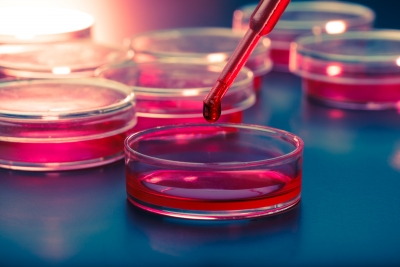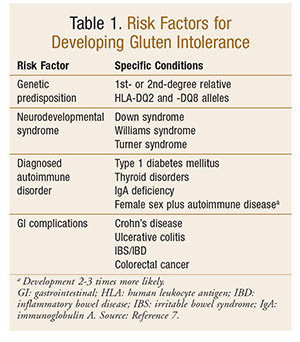
Timothy Yu, a biotechnology scientist, developed a new genetic disease medication for Mila Makovec, a young girl with an ultrarare genetic disease. Batten disease is a family of diseases characterized by the abnormal buildup of proteins and lipids in cells. Only a small percentage of children with the disorder survive into adolescence, and symptoms can include difficulty breathing, muscle weakness, and twitching. During her early childhood, she was unusually coordinated, and her doctors at Children’s Hospital Colorado connected her symptoms with a gene mutation.
Most genetic diseases are caused by a deficiency of a particular protein or substance in the body. These toxic chemicals accumulate inside the cells and affect how the body functions. Genetic diseases can cause anything from hearing loss to eye damage, stunting and early death. The only known treatment for these conditions is bone marrow transplantation. During this procedure, the patient is injected with new stem cells containing the genetic mutation that caused the problem. To effectively restore hearing, doctors recommend the use of the drug Eranol.
A genetic disorder can cause serious health problems. It can lead to miscarriage of the fetus or embryo, stillbirth, or infant death. Currently, only a few treatments are available for severe genetic diseases. However, health professionals can provide supportive care and help you cope with the condition. These treatments are effective for some genetic disorders. The most promising drugs for genetic disease are already available. There are also some that work better than others.
Although many of these medicines do not directly address the underlying causes of the disease, they are able to treat certain symptoms of the illness. Fortunately, the majority of mutations are located far away from the sites of the drug’s binding and do not affect the ability of the medicine to function. These advances are important because they make it possible to develop treatments that are tailored to the individual’s needs. Most medications are approved only after extensive testing.

Genetic diseases are often caused by changes in the genes in every cell of the body. While most genetic disorders are not curable, they may be treated by genetic therapies. These medicines are a powerful form of personalized medicine. Unlike other medicines, these treatments are mass-administered, and can be tailored to the individual’s unique circumstances. There are also other treatments for genetic diseases. Some of them include surgeries and other medical procedures.
Genetic disorders are very complex and can affect any organ in the body. They can lead to miscarriages, stillbirths, and even infant death. There are few treatments for these conditions, but a doctor can help a patient cope with their symptoms. A treatment for the disease can include both oral and injectable medications. When a doctor prescribes a particular medication, it will be tailored to the individual’s specific genetics.
Genetic disease medications aim to correct mutations in the DNA that cause diseases. These medicines are made to alter the DNA to correct a particular gene and correct the disorder. A person’s genetics make it difficult to create a healthy body. By removing certain genes, a genetic therapy can be applied to the patient’s DNA. When the mutation is fixed, the symptoms of the disease will disappear. The doctor may also prescribe additional medications to treat the disorder.
Some genetic diseases are so severe that they cannot be treated at all. Symptoms may include miscarriage of the fetus or embryo. Symptoms may also include stillbirth or infant death. While there are few treatments for these diseases, supportive care from a health professional is necessary. It is important to note that there are no medications specifically designed for these conditions. In some cases, they can be used to diagnose and treat the symptoms of a genetic disorder.
In some cases, the only treatment for genetic disease is a bone marrow transplant. The patient receives a stem cell infusion, which is free of the problematic mutation. Usually, this will result in the development of new cells with the affected gene. The transplant will be a life-saving procedure for the patient. It will not only correct the genetic mutation, but will also improve their immune system and overall health. The drug will work by correcting the mutations in DNA and will not have side effects.
